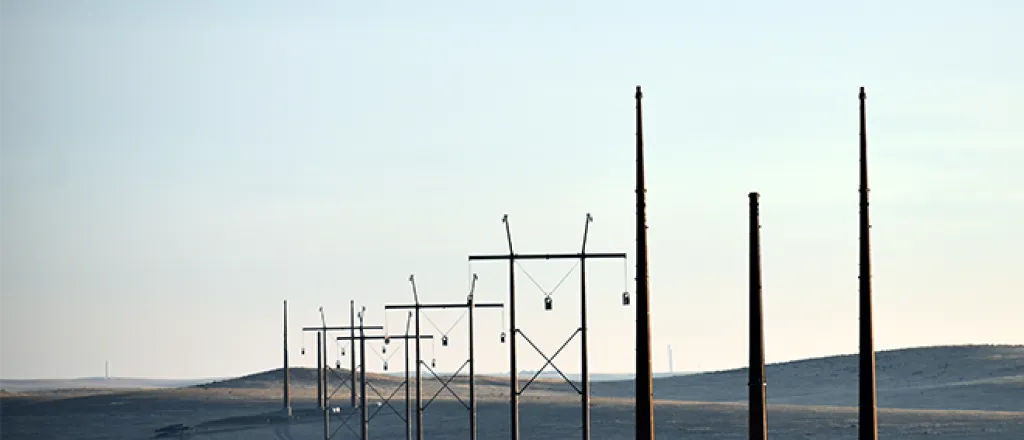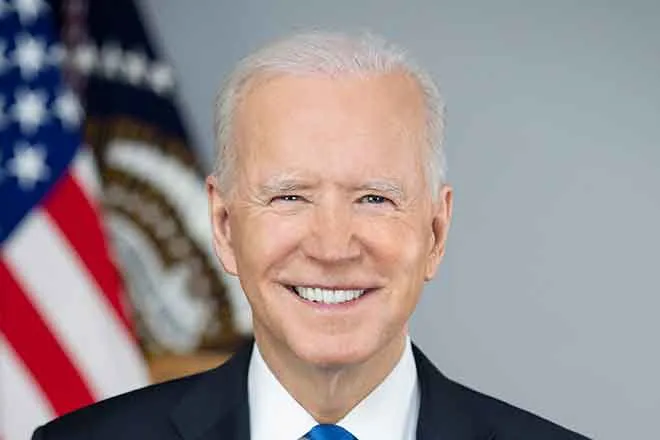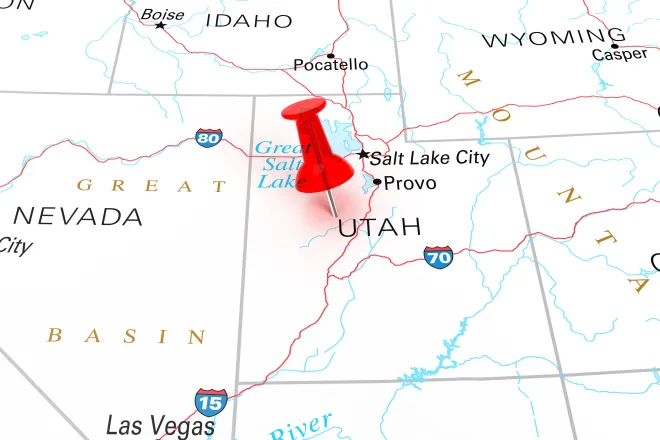
Bill to enhance Colorado’s energy grid could cut emissions, state report says
(The Center Square) – Colorado’s Senate Transportation & Energy Committee advanced a bill on Tuesday that would enhance the state’s energy grid and create a state regional transportation organization (RTO).
If passed, Senate Bill 21-072 could also contribute to a reduction in greenhouse gas (GHG) emissions in Colorado, according to a report on the bill by the Legislative Council Staff (LCS), a nonpartisan arm of the General Assembly.
Sen. Chris Hansen, D-Denver, the bill’s prime sponsor, said it represents an “inevitable transition of our energy sector.”
“By interconnecting Colorado’s grid to our neighboring states through a regional transmission organization, we will not only be able to increase competition and ensure low-cost power delivery, but we’ll also be able to enhance grid reliability and more easily achieve our statewide clean energy goals,” he said in a statement.
SB-072 would create the Colorado Electric Transmission Authority, an RTO with the authority to declare eminent domain, negotiate transmission corridors, issue revenue bonds, and operate electric transmission and energy storage facilities.
RTOs pool together resources from transmission authorities and high-voltage utilities for greater efficiency over a large network. There are seven RTOs throughout the U.S., according to Energy Freedom Colorado. Utility companies regulated by local Public Utility Commissions serve areas of the country that do not have RTOs.
Once created, all transportation utility companies in Colorado would be required to join the state RTO, according to the bill’s text.
“As a result, the bill will facilitate and potentially accelerate the state’s ongoing transition to clean energy by alleviating constraints in transmission and market access. This will lead to greater GHG emissions reductions than are currently projected for the electric power sector under current law,” the report said.
Two years ago, the legislature passed House Bill 19-1261 which outlined Colorado’s Climate Action Plan to Reduce Pollution. That plan statutorily mandated the state to reduce its GHG emission by 90% by 2050.
Similarly, Senate Bill 19-236 required retail utility companies to reduce carbon dioxide emissions resulting from the sale of electricity by 80% by 2030, and 100% by 2050.
LCS said reaching these goals will be met through coordination between electric power, transportation, oil and gas, and construction companies, which account for over 80% of statewide GHG emissions.
LCS also estimated that population growth and the electrification of industries will double current annual electricity consumption, from 60 to 120 terawatt hours, by 2050.
LCS explained that their report makes assumptions about how these impacts will compare to the future investments in transmission infrastructure and increased coordination among existing balancing authorities. For example, increased construction and activities related to transportation may increase GHG emissions that “partially offset the overall emissions savings,” the report said.















